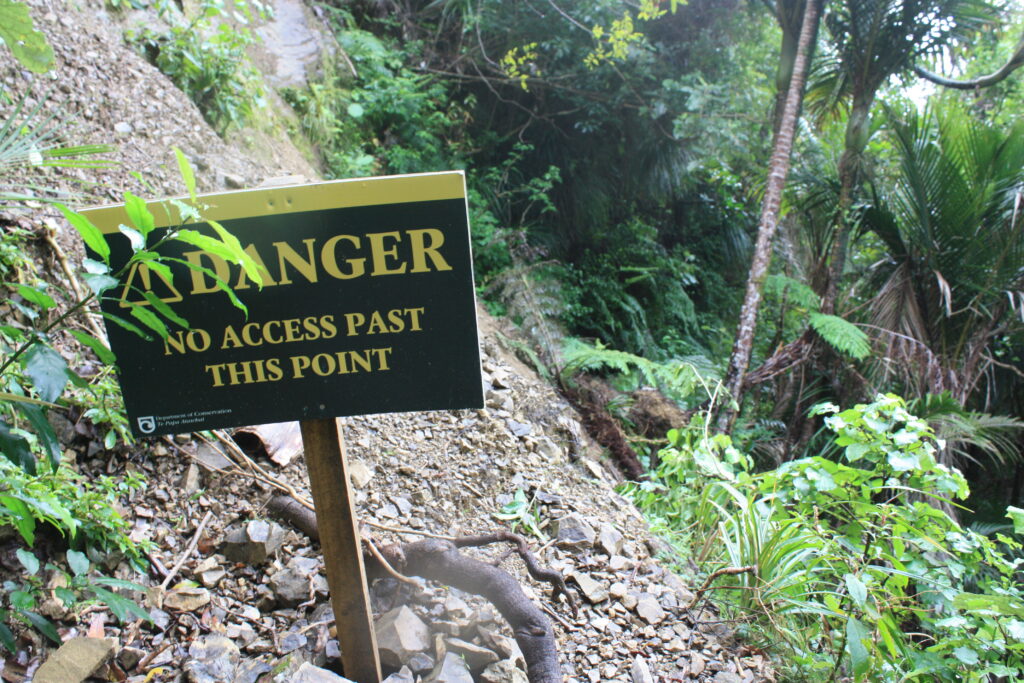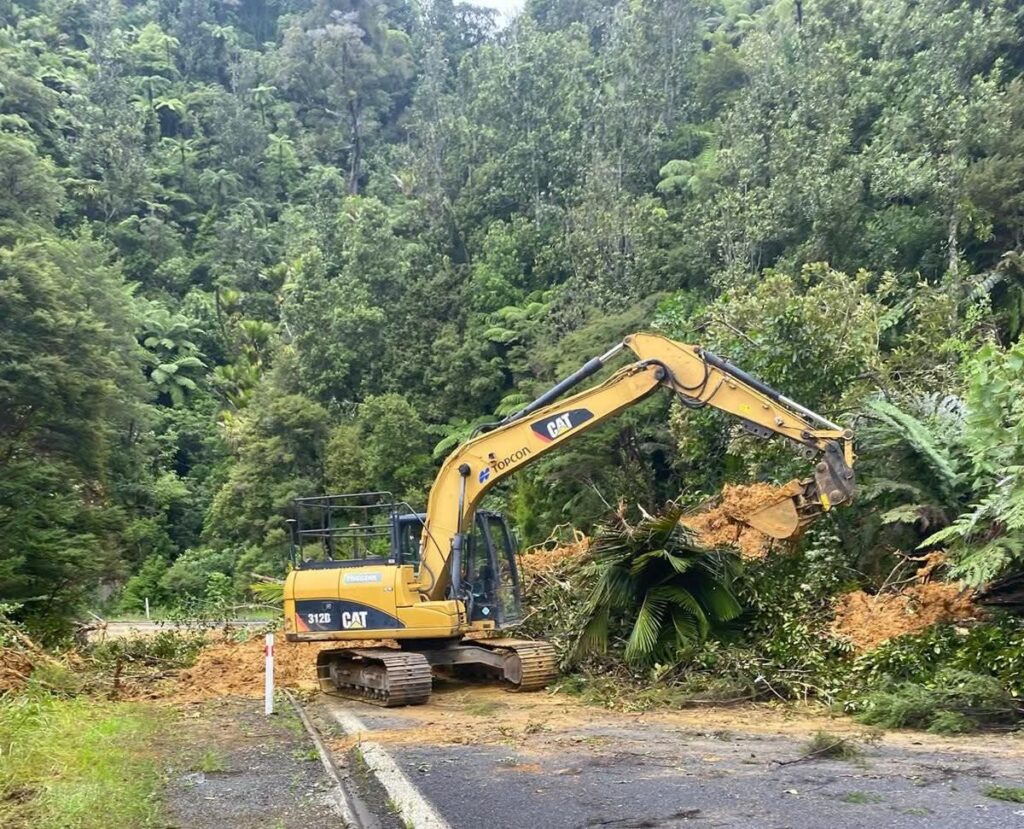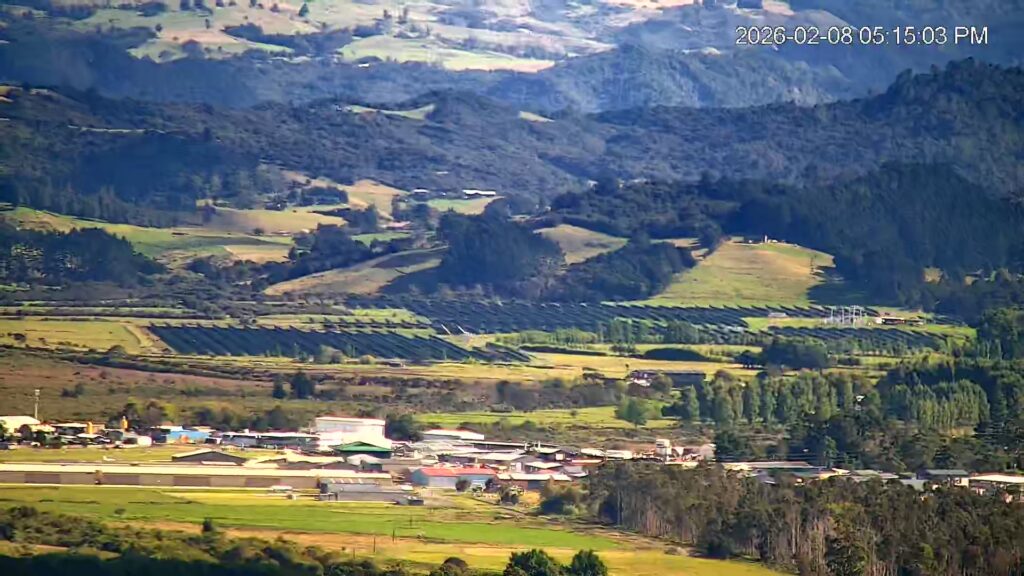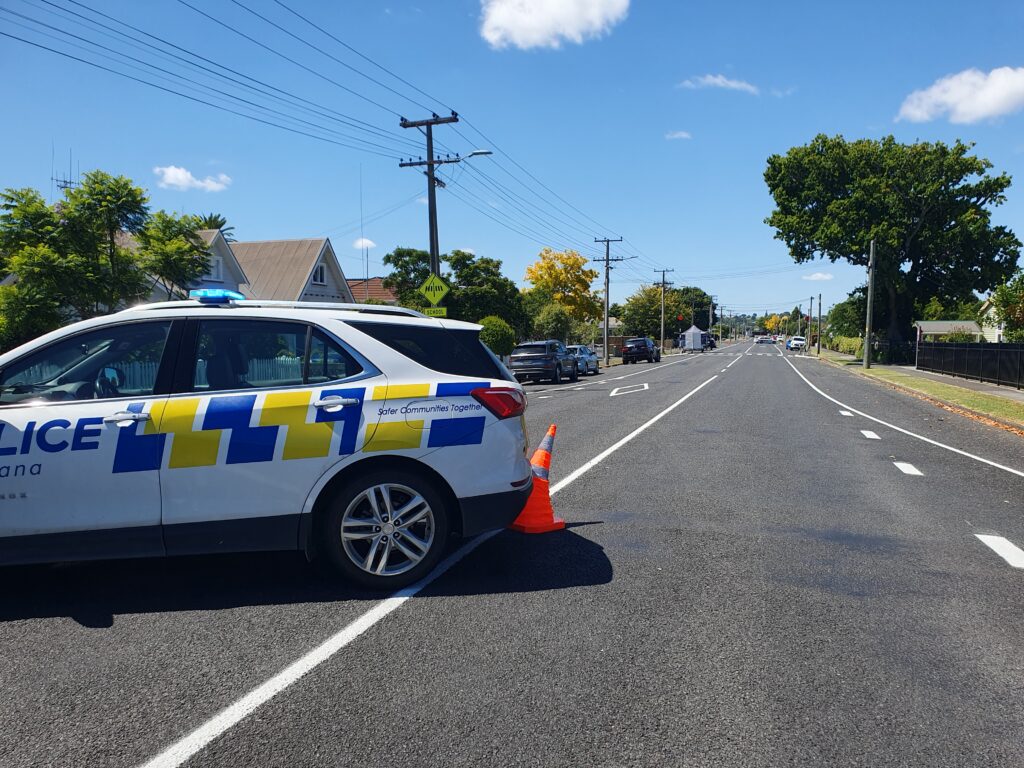Berley Bomb Needed by Fishermen To Hook Up Legislation
Written by John Freer on January 14, 2025
By John Freer
Fishermen concerned about the future of their sport and recreation around the Coromandel Peninsula, aim to be heard on want needs to happen beneath the waves.
Their targets are the political leaders responsible for the marine protection bill which is currently going through parliament.
Fishermen believe they are not being heard. This was the message from a meeting this week in Whangamata, attended by more than 200 people.
They came together from around the region to air concerns over fish stocks, including bait fish, the potential establishment of new marine protection areas and a desire to put an end to bottom trawling.
Coromandel Member of Parliament, Scott Simpson, attended and fielded most of the questions, striking a core with those present when saying he would ban bottom trawling. He did qualify this by saying such a move would require buying back fish quota.
Previously Scott had mentioned during discussions on proposed highly protected areas such as the one at Slipper Island and the two Alderman Islands HPAs, he would protect more of the Hauraki Gulf.
Introducing these two proposed marine reserves, the meeting heard would mean 312 square kilometres of fishing ground being taken away from those along the south-eastern coast.
Warren Maher, who has a long history of both fishing and being involved in the sports administration, described the Slipper/Alderman scenario as: “It is our backyard, where we want to be able to fish.”
“The species we fish for within the proposed Alderman Islands HPA’s are mostly pelagic species that are highly mobile with huge home ranges, and the only way to protect their biodiversity value is with fisheries regulations.”
He was supported by two scientists in the room, Dr Riley Elliott, and Mark James, both saying the establishment of the reserves would have little impact on the area’s biodiversity.
All agreed that the likes of bait fish would not congregate in the areas, instead just simply pass through them, the region being different to the Gulf.
Riley said the area around Slipper Island would not do anything to protect bait fish which feed the ecosystem.
He also stated that the areas selected for the reserves would not achieve the biodiversity outcomes proposed.
With Warren he also pointed to the lack of outcomes in the Bill for the three main stressors identified in the Hauraki Gulf being sedimentation, rising temperatures and ocean acidification.
For Mark he believed the horse had bolted and rather than talking to politicians, he suggested talking to fisheries on the matter.
Directed at Scott Simpson, Riley urged a need for more fish and health in the ecosystem telling the MP he needed to advocate on behalf of those in the room and all other fishermen across his electorate.
Questions and comments from the floor came at a moderate rate and were measured, covering aspects including the social and economic hits people believed the region would experience because of the new legislation. One person maintaining this had been under-estimated with up to 80 percent of the accessible fishing area being lost.
Charter operator, Chris Jones, said the proposed change would mean recreational fisherman would have nowhere to go other than the open sea.
Back to the matter of had the fishermen been listened to in submissions on the proposed legislation, there were claims this was not the case, Scott pointing to some material which may have been “out of scope”.
Apparently, a number of management options involving community, iwi and science, and examples of how they have worked in the past, were submitted on, but apparently ignored as out of scope.
Warren highlighted that there were already examples of where communities of interest had come together providing workable solutions around the threat to fish stocks, mentioning scallops and crayfish.
Organisers are planning further meetings with a working group in place. There was talk of potential meetings with the Minister for Conservation, Tama Potaka, and Fisheries Minister, Shane Jones.
Of particular interest was getting the “out of scope” material back on the line.
Open the link below to hear an interview with Dr Riley Elliott.





